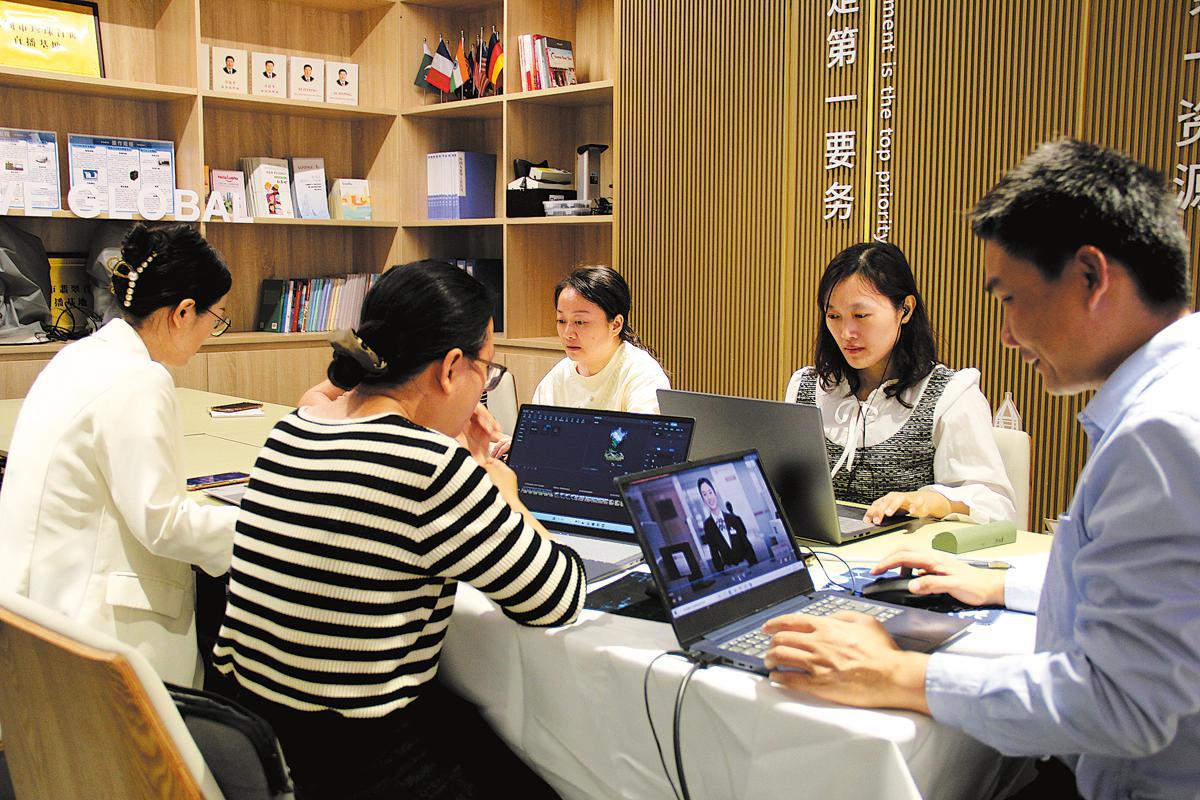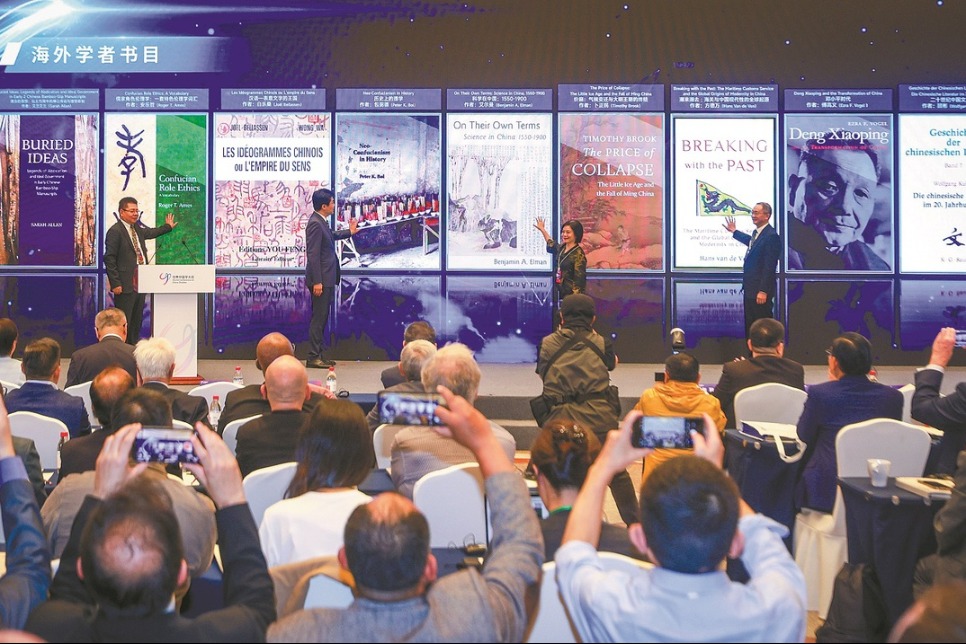Rush to enroll in AI classes as demand for talent grows
Transformation of careers, industries sees surge in training in Shenzhen


A competitive edge
The Fangs are among a growing number of people in Shenzhen who have recognized the transformative potential of AI in their work and lives, and are jumping on the technology bandwagon to maintain a competitive edge in the market.
Their desire for new tech knowledge aligns with Shenzhen's commitment to innovation.
Since China's reform and opening-up policy was implemented in the late 1970s, Shenzhen has undergone a remarkable transformation from a small fishing village to a bustling metropolis and global technology hub. By last year, it was home to over 25,000 national-level high-tech enterprises, with an average of 12 such enterprises per square kilometer. The density of national-level high-tech enterprises was the highest in the country.
The city launched an action plan in March to accelerate building itself into an artificial intelligence pioneering city. It aims to increase the number of AI enterprises to over 3,000 and AI "unicorns" — startups valued at $1 billion or more — to more than 10 by 2026, with annual industrial output growing at over 20 percent.
While the emergence of AI technologies brings fresh opportunities to Shenzhen, it also presents new demands for its workers. The city is stepping up efforts to empower its workforce to adapt to the new dynamic and prepare them for the job market.
A number of neighborhoods in the city have rolled out AI training programs, with curricula ranging from skills training, and practical operations, to occupational guidance.
Cuizhu neighborhood is one of them, and on weekday nights, classrooms in the Shuibei Night School are full.
People from diverse backgrounds, including finance professionals, e-commerce sellers, accountants and dentists have returned to the classroom to absorb the latest tech knowledge.
Principal Zhao Bin said the night school has three major objectives.
"The advent of AI technology has significantly enhanced work efficiency. We hope to equip people with the knowledge to use technology tools and adapt to the new work environment," he said. "The rise of AI has also created a demand for new jobs and skills. This necessitates the development of specialized talent in AI-related fields, such as AI tutors. Dedicated vocational training programs are needed to cultivate professionals in this emerging field," Zhao added.
"While the adoption of AI may lead to job displacement for some workers, it is crucial to find solutions for those affected. Training them to use AI tools can help mitigate the impact caused by the technology, enabling them to explore flexible employment options or start their own businesses."
Zhao said many people are eager to learn AI technologies, but many lack guidance and are unsure where to start. "To address this need, we are providing a platform for learning. The AI courses in our school are highly popular and are always fully booked," he said.
























